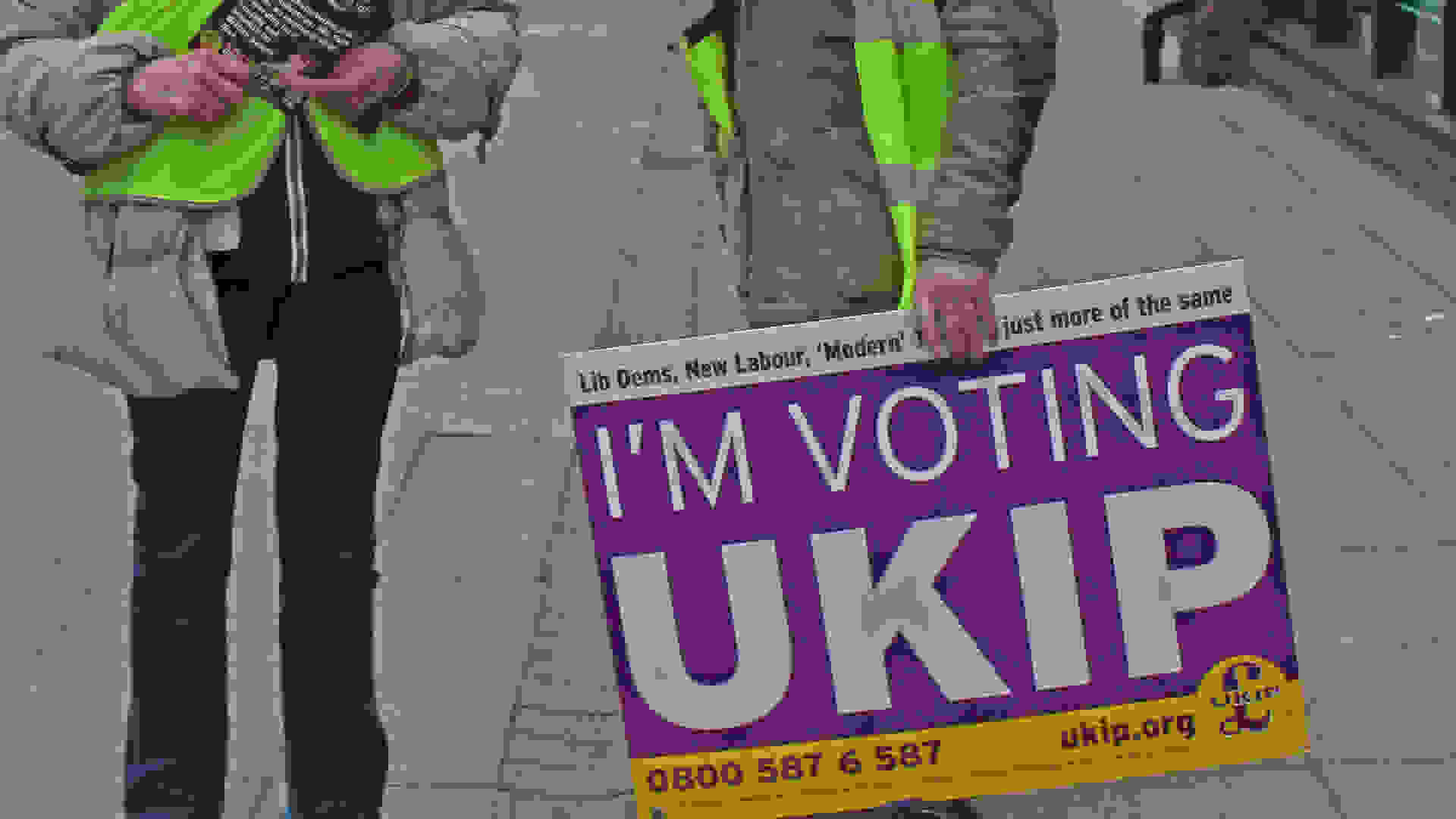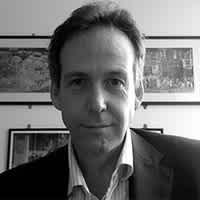News / Is the Conservative Party falling apart? - Parliament Matters podcast, Episode 34
Following the local election results, are we now in zombie Parliament territory? With no immediate general election in sight what can be achieved in Westminster before MPs finally make their rendezvous with the voters? We talk to Professor Tim Bale about defeat, defections and the internal dynamics of the Conservative Party.


